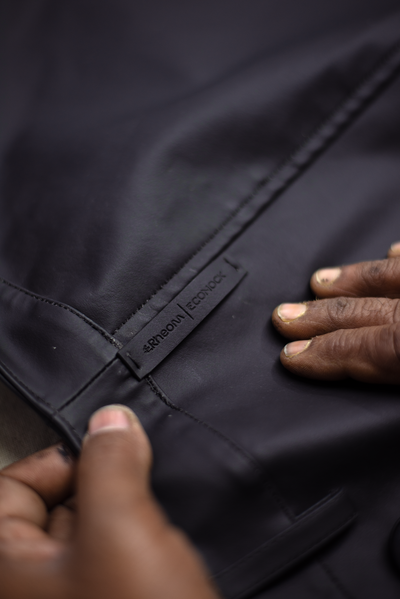The European Union has officially adopted a regulation banning the sale, import, and export of products made with forced labour, marking a significant step in combating modern slavery. The regulation, approved on 19 November 2024, is the culmination of a legislative process initiated in September 2022 and represents a robust effort to hold corporations accountable for human rights abuses in their supply chains.
The new rules come against the backdrop of alarming global figures: over 27 million individuals are subjected to forced labour, with children making up a significant proportion in sectors like agriculture, textiles, and mining. Cotton remains one of the most common commodities tied to forced and child labour across 18 countries, according to European Council estimates.
The legislation, described as "an essential tool in the fight against forced labour globally" by Hélène de Rengervé, a senior advocate at Human Rights Watch, establishes a framework for removing tainted goods from EU markets. It mandates the creation of a database identifying products and regions associated with forced labour. Investigations will be carried out by EU member states, with the European Commission intervening in cases outside the Union. The regulation ensures mutual recognition of decisions across member states to streamline enforcement and avoid legal loopholes.
Products found to have links to forced labour will be subject to removal, recycling, or destruction. Companies that fail to comply could face hefty fines, though they may regain market access by demonstrating the elimination of forced labour from their supply chains.
The European Commission also announced plans for a database identifying regions at risk of forced labour, assisting authorities in risk assessments. Member states will exchange information and coordinate investigations to ensure violations are thoroughly addressed.
The regulation will enter into force three years after its publication in the EU’s Official Journal, meaning it will take effect in 2027. It complements earlier legislative actions, such as the Corporate Sustainability Due Diligence Directive, which requires companies to assess and mitigate risks of environmental and human rights abuses.
The Council of the EU emphasised the regulation’s significance in addressing modern slavery, stating that "effective enforcement will require robust cooperation and resources." Advocacy groups like Human Rights Watch have praised the move but stressed the need for vigilance in its implementation to avoid corporate evasion.
This ambitious step solidifies the EU's role as a leader in addressing human rights abuses, sending a strong message that the exploitation of vulnerable workers will not be tolerated in global trade.
For more details, see the official announcements from the EU Council and insights from Human Rights Watch.






